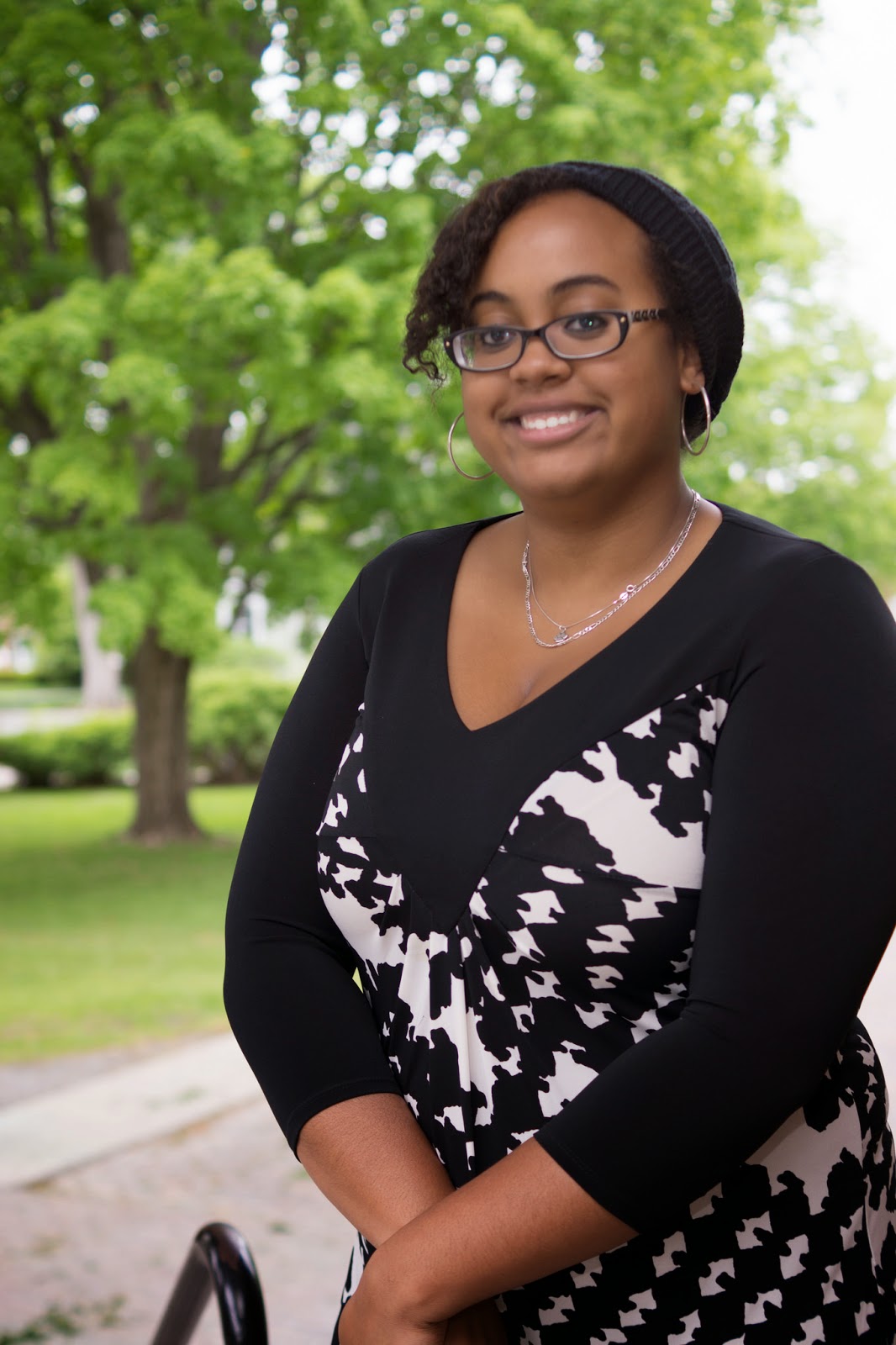- Public Policy
- Leadership
- Funding
- News & Events
- About the Center
Back to Top Nav
Back to Top Nav
Back to Top Nav
Back to Top Nav
Rockefeller Center-funded interns reflect on their experiences as part of our Notes from the Field series. The Rockefeller Center helps students find, fund, and prepare for a leave-term internship experience in public policy research, public policy analysis, issue evaluation, or activities which help shape and determine public policy.
 |
| Student Intern: Christina Ragin '17 |
Internship Organization:
Innocence Project – New York, NY
How would you describe your employer in one paragraph? What’s the elevator pitch?
The Innocence Project was founded to assist prisoners who could be proven innocent through DNA testing. To date, more than 300 people in the United States have been exonerated by DNA testing, including 18 who served time on death row. These people served an average of 13 years in prison before exoneration and release. The use of DNA technology to free innocent people has provided proof that wrongful convictions are not isolated or rare events but instead arise from systemic defects. The Innocence Project’s mission is to free the staggering numbers of innocent people who remain incarcerated and to bring substantive reform to the system responsible for unjust imprisonment.
What are your specific responsibilities in the organization?
I work in Strategic Litigation where I am responsible for managing old cases, reviewing and researching these cases, and comparing them to current day cases that could use anecdotal support. To review and research old cases, I compare them to current cases that are ongoing where possible eyewitness misidentification and DNA evidence are present. I indicate where the current case could be bolstered with evidence and support from prior solved cases. Subsequently, I write up a narrative or a brief of the case for presentation.
How did you feel on the first day of your internship?
I felt nervous, but everyone was so sweet and warm. We had great bonding lunches where we talked about Dartmouth and Ivy League schools and the Greek system. It was a fun, deep, and interesting conversation.
What is your favorite part of the internship so far?
I love the work that I do. I feel that I connect with the exonerates and that I know them on a deep level after studying them for weeks. Being able to review and work on new and current cases makes me feel like I am actually having a direct impact on the defendant's future. It pushes me to work hard, pull longer hours, and get it right so that the defendant can be exonerated. I absolutely love my work. I also was able to view the exoneration of a man who was in prison for 17 years. We video-conferenced with him two hours after his release while he was surrounded by family, including his two year old granddaughter whom he had never met. He was in such good spirits that it made everyone cry. We were all so happy for him. I felt like he was family. We asked him what the first thing he wanted to do was, and he said he wanted to go to a BBQ joint.
What challenges have you faced so far?
I was hospitalized for a week during my internship, and that was very difficult to manage. I made sure to let everyone know what happened right after I got out, but it was stressful for me.
What do you hope to achieve by the end of your internship?
I want to be a better writer and have a better understanding of the criminal justice system.
What have been some practical lessons you've learned in the day-to-day life of your internship?
The 1 Train is horribly slow, so budget an hour for transportation.